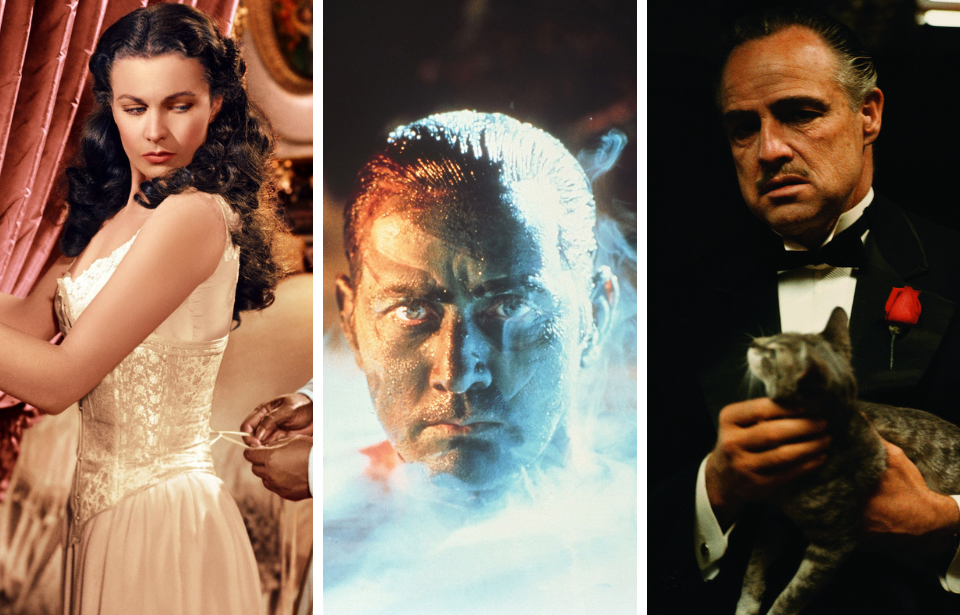The conversation surrounding banned books is one that has risen again in the wake of several novels and works of non-fiction being removed from schools and libraries around the world, particularly in the United States. While they’ve been in the news quite a bit, there’s another form of media that also gets banned on the regular: movies. The following are nine iconic films that, for a variety of different reasons, have been kept out of theaters across the world.
All Quiet on the Western Front (1930)
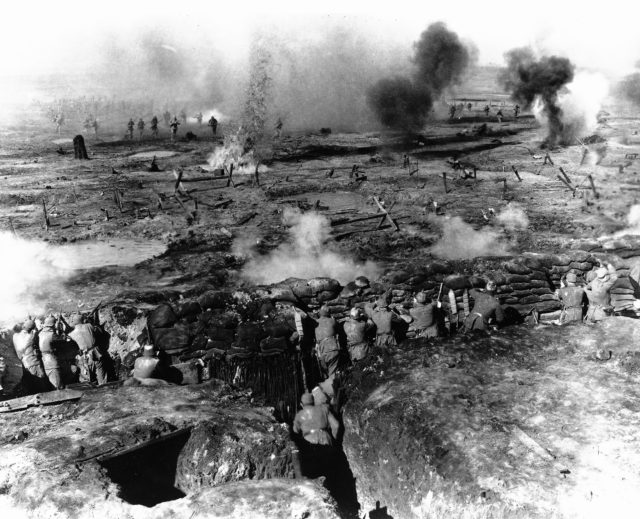
Based on the novel of the same name, All Quiet on the Western Front (1930) covers on the experiences of Paul Bäumer, a German soldier during the First World War, and his trauma he experiences during his service. The film was released in 1930, followed by a television adaptation in 1979 and a modern remake in 2022.
The question, then, is why would a film popular enough to be produced three times be banned?
When the American production came out in 1930, it eventually made its way to Germany, where it was received far less positively by the governing political party. After it was shown in cinemas throughout the country, numerous anti-war riots broke out. These caused a major ideological problem for them as, soon the entire world would see, they had every intention of going to war in just a few years’ time. Their response was to ban the movie from being shown.
Natural Born Killers (1994)
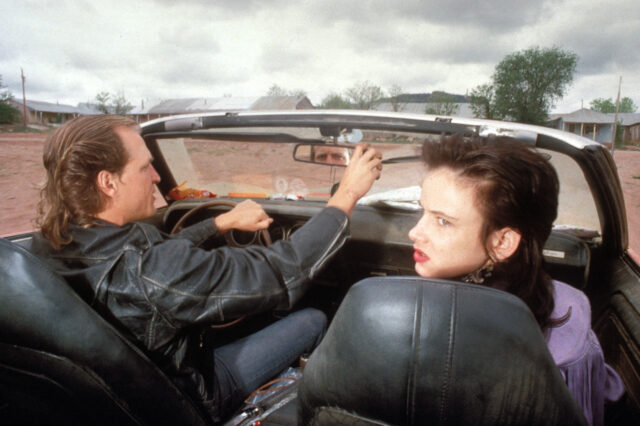
Directed by Oliver Stone and starring Woody Harrelson, Natural Born Killers (1994) tells the story of two murderers who fall in love and have their atrocities glorified in the media. While reviews for the film were mixed (Roger Ebert gave it a four out of four and said seeing it once “is not enough,” while other critics were more harsh), it did well at the box office.
Natural Born Killers is known for being overly violent, with some believing that its content actually inspired copycat crimes to be committed in the real world. Given this, it was actually banned in the United Kingdom until the early 2000s, when it was allowed to be sold in the country, albeit with three minutes cut out.
Funny Girl (1968)
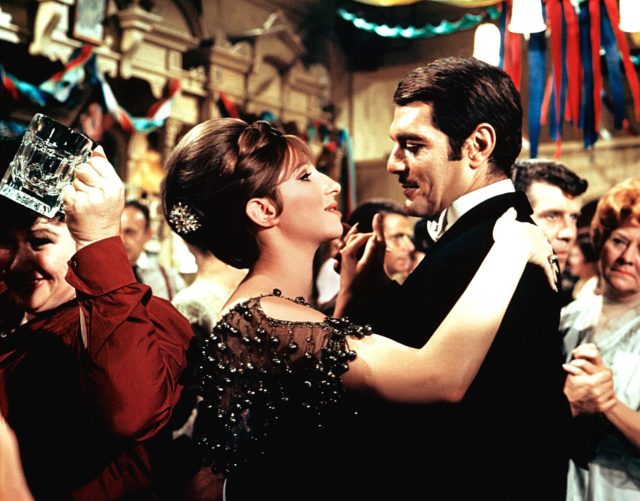
Barbra Streisand‘s best-known production during her long career is without a doubt Funny Girl (1968). This iconic performance, however, was banned in Egypt largely, due to no fault of her own. Instead, it was because of her co-star, Omar Sharif.
Sharif was an Egyptian Muslim actor who took the role of Nick Arnstein alongside Streisand, a Jewish actress. It was for this reason that the film was banned in his home country. The matter was only made worse by Streisand’s vocal support for Israel during increased military tensions between the two countries shortly before Funny Girl was released.
Paths of Glory (1957)
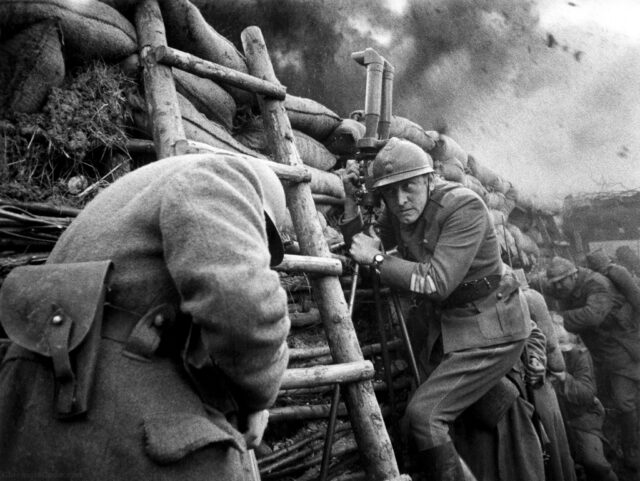
If there’s one Kirk Douglas movie that sparked controversy, it’s Paths of Glory (1957). The Stanley Kubrick-directed feature told the events of the Souain Corporals Affair, a World War I-era incident sparked by French soldiers’ refusal to leave their trenches, lest they be slaughtered by the German Army. All 24 men were court-martialed, with four receiving the death penalty.
Given how contentious a topic it was in France, it’s no surprise that Paths of Glory was condemned by the country’s government, with it banned from being shown until 1975. Spain and Switzerland also took decades to allow it to grace the big screen, and even the United States refused to let it be shown on military bases.
Goldfinger (1964)

The James Bond franchise is full of classic and popular films that have been thoroughly enjoyed by the public for their intriguing plots and fast-paced action scenes. When Goldfinger was released in 1964, however, it wasn’t received quite so well in Israel. The film starred Sean Connery, who tries to thwart a plan against the United States that’s been concocted by Auric Goldfinger, played by Gert Fröbe.
The latter actor was an extremely controversial pick, as reports surfaced that he was a member of the National Socialist German Workers’ Party between 1929-37 and was drafted into the Wehrmacht during the final year of the Second World War. This led to the film being banned in Israel, despite Fröbe’s assertions that he’d helped two Jewish individuals during the conflict.
The ban was only lifted after a Holocaust survivor said the actor likely saved him and his mother.
Mad Max (1979)
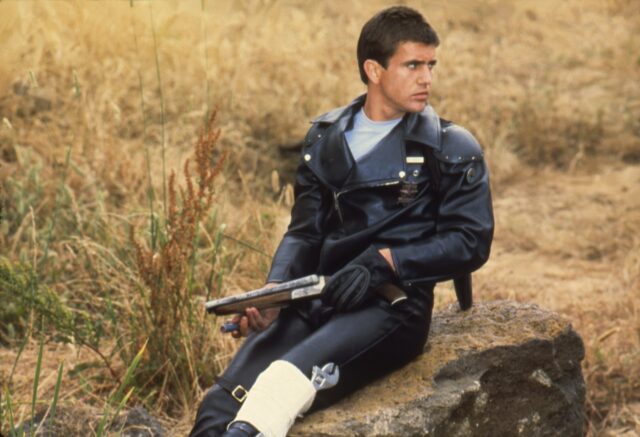
A franchise that’s still popular to this day, Mad Max movies present a post-apocalyptic storyline that’s filled with action – and a lot of violence. The first film in the series, aptly titled Mad Max (1979), was particularly violent, which led Sweden to ban it.
Despite this, Mad Max went on to see success elsewhere in the world, with fans flocking to cinemas to see the Mel Gibson-led film. As aforementioned, it remains popular, with the latest release in the franchise, Furiosa: A Mad Max Saga, hitting silver screens in 2024.
A Clockwork Orange (1971)
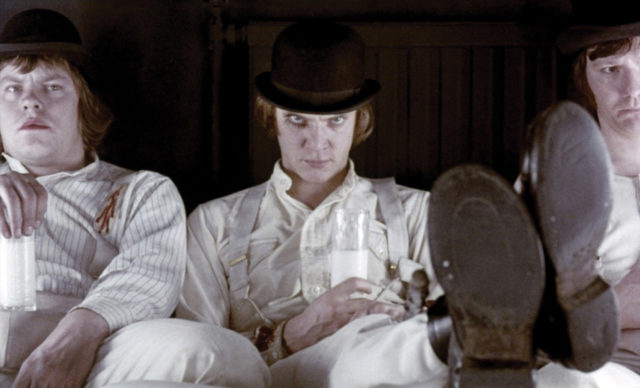
While many of the other movies included on this list were only banned in just one or two countries, A Clockwork Orange was shunned by many more. The dystopian crime film was adapted to screen by Stanley Kubrick in 1971, based on the 1962 novel.
Much of it centers around the violent criminal activities of Alex DeLarge and his friends, all of whom are depicted in extremely graphic and uncensored detail. It’s because of this that the film was banned in multiple countries, including Ireland, Singapore, South Africa, South Korea, Brazil, Malta and the Canadian provinces of Alberta and Nova Scotia.
In many of these nations, the ban was eventually lifted, and the film was either given an “R” rating or censored. It was released in Britain in 1971, but was withdrawn from circulation after a number of “copycat crimes,” similar to those from the film, took place. It was re-released in 1999, after Kubrick’s death.
Life of Brian (1979)
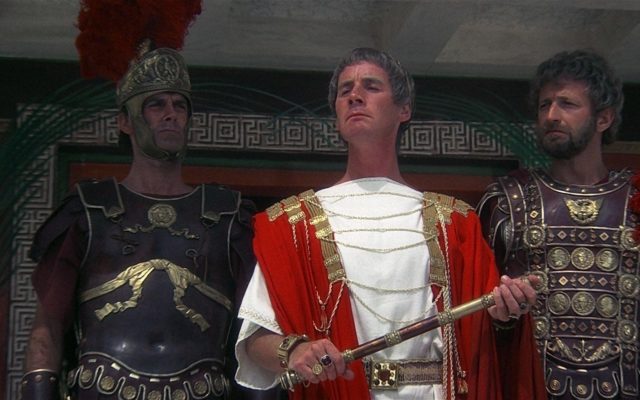
Perhaps one of the more surprising films on this list, Monty Python‘s comedic satire Life of Brian caused significant controversy following its 1979 release. The plot centers around Brian, an ordinary man who’s mistaken as a Messiah.
When it was released, the movie was seen as blasphemous for its comedic take on Christianity. Many countries banned it, such as Ireland and Norway. Ironically, Sweden released the feature with the tagline, “The film is so funny that it got banned in Norway.” In both the United Kingdom and the United States, there was significant opposition, but never a country-wide ban. Instead, it was left up to individual regions to decide if they would show it in their cinemas. Many didn’t.
Apocalypse Now (1979)
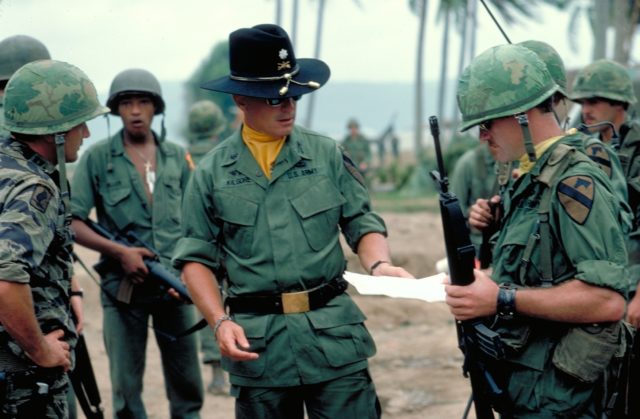
Apocalypse Now (1979) has received significant praise over the years for its portrayal of the horrors and atrocities of the Vietnam War, and it’s generally regarded as one of the best movies ever made. That being said, there’s still significant debate over whether it’s an anti- or pro-war film.
In South Korea, it was firmly believed to be the former, which is why it was banned. Under former President Park Chung-hee, the film wasn’t allowed to be imported because of its anti-war themes, not because of the graphic nature of some of its scenes.
The Godfather (1972)
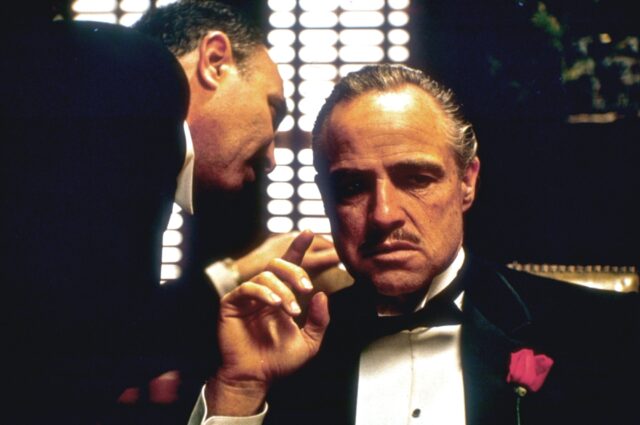
A classic of cinema, The Godfather (1972), based on the novel of the same name, centers around the Corleone family, who just happen to be big names in the criminal underworld. Starring Marlon Brando as patriarch Vito Corleone and featuring such big names as Al Pacino, Robert Duvall, Diane Keaton and James Caan, it was a massive hit that went on to spawn an entire movie series.
It may (or may not) be surprising to learn that The Godfather was banned in the Soviet Union. Why? Because of how it glorified organized crime. The film’s ban wasn’t lifted until 1990, just a year before the USSR’s collapse.
The Texas Chain Saw Massacre (1974)
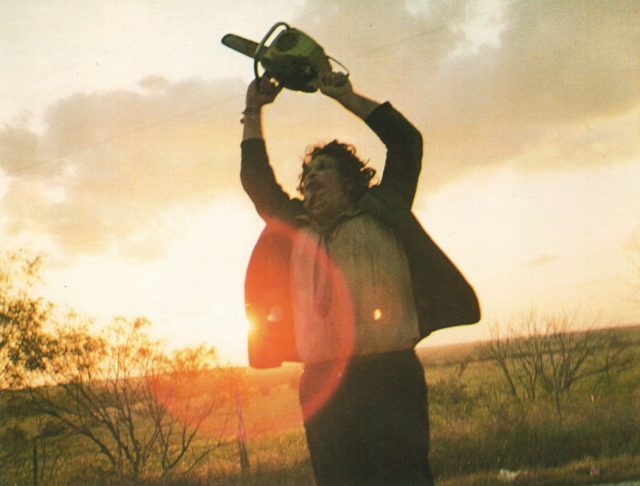
The Texas Chain Saw Massacre (1974) was the first of many films to be made as part of the American horror franchise, which most recently released Texas Chainsaw Massacre in February 2022. Despite its eventual popularity, the original movie was banned in many countries, with those that allowed it requesting that certain parts be cut out. Among those to ban it was Britain, but not before it was allowed to see a brief release in 1974.
The film was outright banned in Finland, France, Chile, Brazil, Iceland, Ireland, Norway, Singapore, West Germany and Sweden, although many have since released it. The main reason why The Texas Chain Saw Massacre was kept from theaters was because of the high levels of violence and cruelty.
Last Tango in Paris (1972)
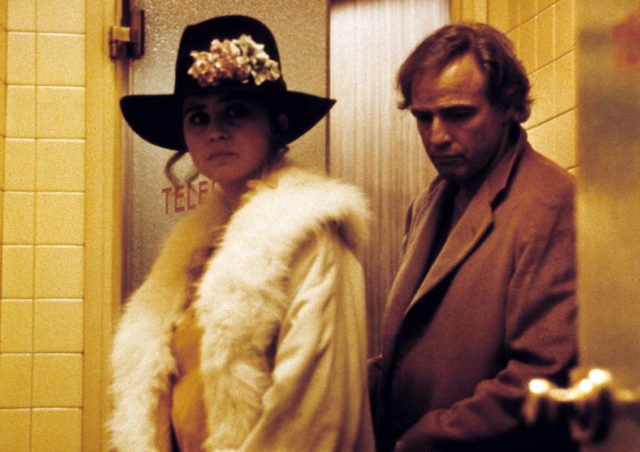
While Last Tango in Paris is far from a horror film, it was banned for a similar reason: graphic and disturbing scenes of violence. The film as a whole was also graphic, which was a problem for many countries. Following its release in 1972, the feature suffered bans in Argentina, Brazil, Italy, Portugal, South Korea and Venezuela.
Most of these nations have since reversed the ban, yet the movie’s legacy is still extremely problematic and viewed negatively by most. Part of the newer controversy arose after the principal actress, Maria Schneider, expressed her discomfort with filming the scenes and felt taken advantage of as a young actress in the industry.
Gone with the Wind (1939)
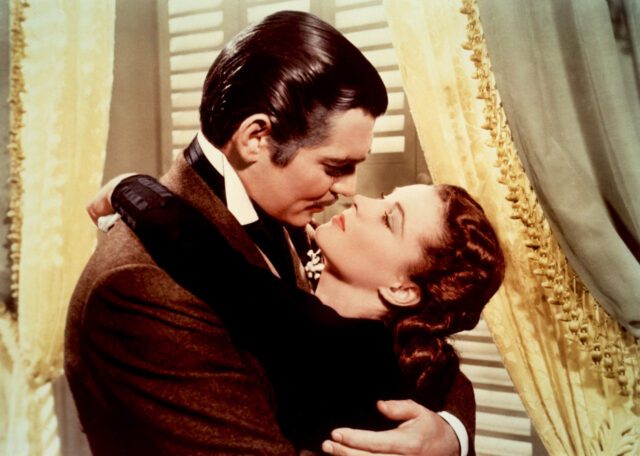
Color us stumped on this one; Gone with the Wind (1939), the classic film starring Clark Gable and Vivien Leigh, was banned in the Soviet Union from its release, all the way until 1990. The reason? No one knows!
We don’t know what else to say, other than we’re happy it’s no longer banned in Eastern Europe.
Scarface (1932)
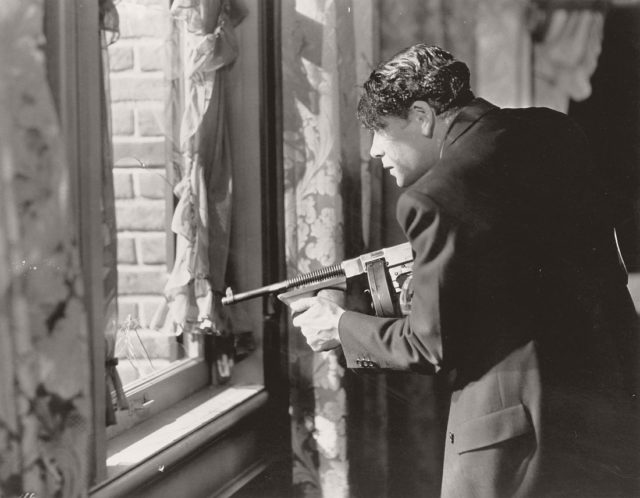
The name “Scarface” is most commonly attributed to the 1983 film starring Al Pacino, but there’s another, far more controversial film that came before it. The 1932 adaptation was considered to be extremely inappropriate when it was released, for the amount of violence that it portrayed, as well as the way that it glorified crime and gang violence.
More from us: Steven Spielberg Says He Regrets the Effect ‘Jaws’ Had on Sharks
Want articles by The Vintage News delivered straight to your inbox? Subscribe to our weekly newsletter!
While the film wasn’t included in any country-wide ban, there were several American states that refused to play it. The producers ensured they’d cut out enough of the violent scenes for it to be approved for theatrical release, but this wasn’t enough for approval in many cities, like Detroit, Michigan; Chicago, Illinois; Seattle, Washington; and Portland, Oregon.
